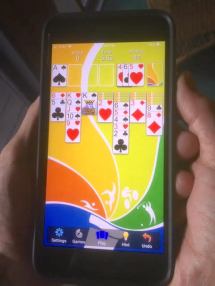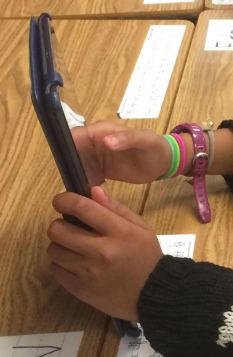 If your home is anything like mine, you have surge protectors all over the place, providing power and protection to appliances and 21st Century digital devices. Even my refrigerator is plugged into one after a power surge took out a number of refrigerators in the neighborhood.
If your home is anything like mine, you have surge protectors all over the place, providing power and protection to appliances and 21st Century digital devices. Even my refrigerator is plugged into one after a power surge took out a number of refrigerators in the neighborhood.
Some surge protectors are powerful devices that promise, not only to protect appliances and devices but to pay for replacement devices if it does protect during a surge. Other devices, power strips that look like surge protectors, are just glorified extension cords.
Continue reading “Surge Protectors — Do You Need to Learn More About Them?”

 Distraction in 21st Century schools is a huge issue.
Distraction in 21st Century schools is a huge issue. 


 It appears that Echo Dot records what children say, saves that personal information, and apparently, it’s still saved even after parents delete It. A group of child advocacy organizations has
It appears that Echo Dot records what children say, saves that personal information, and apparently, it’s still saved even after parents delete It. A group of child advocacy organizations has  As a specialist in 21st Century educational technology and media literacy, I’ve often helped parents select a parental control app that is right for each family. Lots of these apps are out there, and they allow adults to ensure that their children are not misusing their mobile devices
As a specialist in 21st Century educational technology and media literacy, I’ve often helped parents select a parental control app that is right for each family. Lots of these apps are out there, and they allow adults to ensure that their children are not misusing their mobile devices

You must be logged in to post a comment.